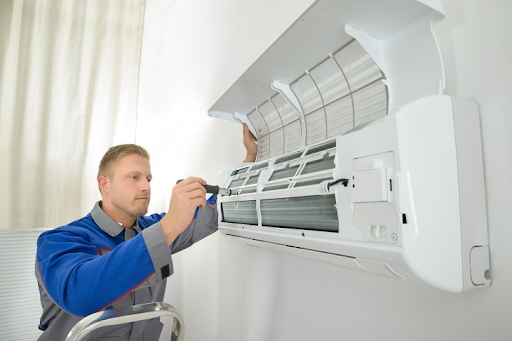With high rents and student loans burdening millions of people, saving for a 20% down payment to buy a home can be very challenging. But there is good news for all home buyers out there. You do not need a down payment to buy a home.
40% of Americans and 46% of millennials cited that their most difficult financial barrier is affording a down payment. Well, you can inculcate the tough financial situations many people face today. However, misbeliefs and misunderstandings might be part of the difficulty here.
There is a prevalent belief that home buyers need to put at least 20% down to buy a home. But it’s not always the case. In fact, you can put a little amount of money to purchase a home. Although there are drawbacks, it’s possible.
In this post, we’ve covered some mortgage options that will allow you to buy a home with little down payment or even 0%.
[tmh_article_ads]
FHA Loan
FHA or Federal Housing Administration loans are intended for low to moderate-income individuals that would, in different circumstances, be excluded and debarred from the housing market, according to the vice president of HSH.com, Keith Gumbinger. This type of mortgage loan requires at least 3.5% of down payment, and also, a credit score of at least 580.
However, borrowers or debtors with credit scores of 500 to 579 can be eligible by making a 10% down payment. The disadvantages of FHA loans include paying 1.75% of your loan amount of upfront mortgage insurance premium and the monthly premium added to your payments, ranging from .45% to 1.05% of the total borrowed money per year.
Additionally, the Federal Housing Administration will only offer loans as high as the maximum loan limit in which your house is located. To learn more about this option, you can consult a mortgage broker or check out their website (if they have).
VA Loan
VA loans are offered by the US Department of Veteran Affairs that give retired, active military, or the surviving spouse of a veteran, the capability to purchase a home with 0% down payment. Additionally, VA loans have flexible lending guidelines and excellent interest rates.
Even though the Veterans Affairs doesn’t set or assign a minimum credit score, most lenders will require you to have a credit score of 580 and above. However, VA loans oblige you to secure a 2.3% funding fee for your loan. It can be added to your payments, or you can pay it upfront.
Traditional 97 Loan
Before, you have to make at least a 5% down payment to be eligible for a traditional mortgage, which is a loan not supported by a government program. Until 2013, when Freddie Mac and Fannie Mae introduced and presented the Traditional 97 loan program.
These kinds of loans were made with first-time homebuyers in mind. However, today, Traditional 97 loan is available to all. This loan type lets you put at least 3% down on a property, and charge between .4% to 1.5% private mortgage insurance of your loan amount.
The good news is that once you have earned at least 20% home equity, you can cancel PMI to your lender. Unfortunately, you will need to have at least a 620 credit score to be eligible. Also, some lenders even require higher scores.
Physician Loan
Do you have a medical degree? If yes, then you can be eligible for a physician loan or doctor loan with low-interest. This type of loan enables you to make a minimal down payment or even none at all. Also, it does not make you pay for mortgage insurance.
Here’s another advantage with physician loan, student loan payments don’t affect or impact whether you can be eligible for a doctor loan, unlike a conventional loan. Lenders undoubtedly like to write a loan to doctors. Well, because medical professionals do not default on mortgages. Plus, their income increases over time.
Moreover, most physician mortgage creditors require at least a 680 credit score rating, and only a few lenders provide them. Thus, you might have to look around. Take note that doctor loans are available to only several groups of doctors. It includes optometrists, podiatrists, veterinarians, dentists, doctors of osteopathy, and medical physicians.
Takeaway
One of the obstacles or impediments to homeownership can be the down payment. Don’t have enough money for a down payment? If that’s the case, you can be eligible for a down payment assistance program. These programs will lend you money to cover some or all your down payment. Also, they are available at the federal, state, and local levels. But before you decide to jump into zero or low down payment, be sure to consider the potential pros and cons first so that you won’t regret anything later on!



Share your thoughts